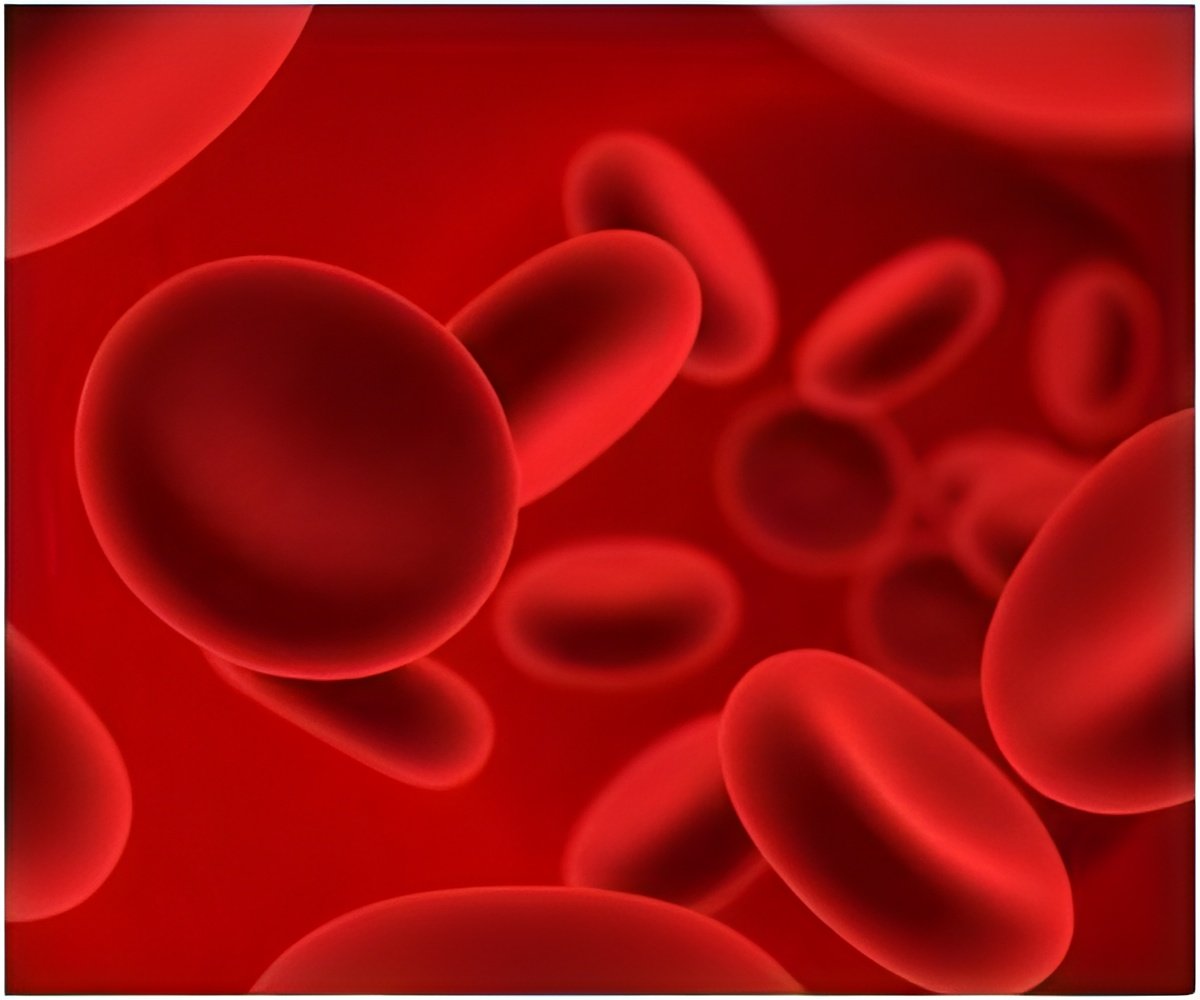
Today at the 53rd American Society of Hematology Annual Meeting, the research team will present results showing how they use a patient's own T cells to repair his or her immune system after fludarabine treatment. With a restored immune system, patients can stop taking prophylactic antibiotics and may have prolonged progression-free survival.
"Fludarabine is a double-edged sword," says Stephen J. Schuster, MD, an associate professor in the division of Hematology-Oncology and director of the Lymphoma Program at Penn's Abramson Cancer Center. "Although it is very active at killing CLL cells, it is also very active at killing normal cells in the immune system, particularly T lymphocytes, which are the master regulators of the immune system. So you rid the patient of their disease, but you also rid them of a normal immune system."
Thirty-four patients enrolled in the multicenter study. Prior to chemotherapy treatment, the researchers isolated healthy T lymphocytes from each patient's blood. When the patient finished chemotherapy, the team grew the T cells in Penn's Clinical Cell and Vaccine Production Facility using a technique that induces them to proliferate rapidly. The researchers then infused the expanded T cells back into the patient. "What we showed was that by giving them back their own T cells after treatment, we can restore patients' immune systems," Schuster said.
"Within four weeks of the T cell infusion, their T cell counts were within the normal range."
After chemotherapy and prior to T cell infusion, the median CD4 T cell count for fludarabine-treated patients was 119 cells/ml blood and the median CD8 T cell count was 80 cells/ml. Thirty days after the patients received the infusion of their own T cells, the median cell counts were in the normal range, at 373 cells/ml and 208 cells/ml for CD4 and CD8 cells, respectively. The T cell numbers remained in the normal range beyond 90 days, leading Schuster and colleagues to conclude that the autologous T cell transfer repaired the immune system of patients.
Advertisement
In addition to quashing the complications ordinarily associated with treatment, the team hopes that the restored immune system will help keep the cancer in check. At a median follow-up of 14 months after T cell infusion, two-thirds of the patients remain progression-free. Longer follow up will be needed to compare treatment results for patients receiving T cells with published results for patients receiving similar chemotherapy without T cell support.
Advertisement
Source-Eurekalert











